Kant Humanity as an End in Itself Explained
Kant seems to shift from valuing the good will to simply valuing rational nature as such. This brings up a conundrum.

8 6 Categorical Imperative And Justice As Fairness K12 Libretexts
An end in itself is an objective end meaning that it can be held by all rational beings because it is determined by reason alone.
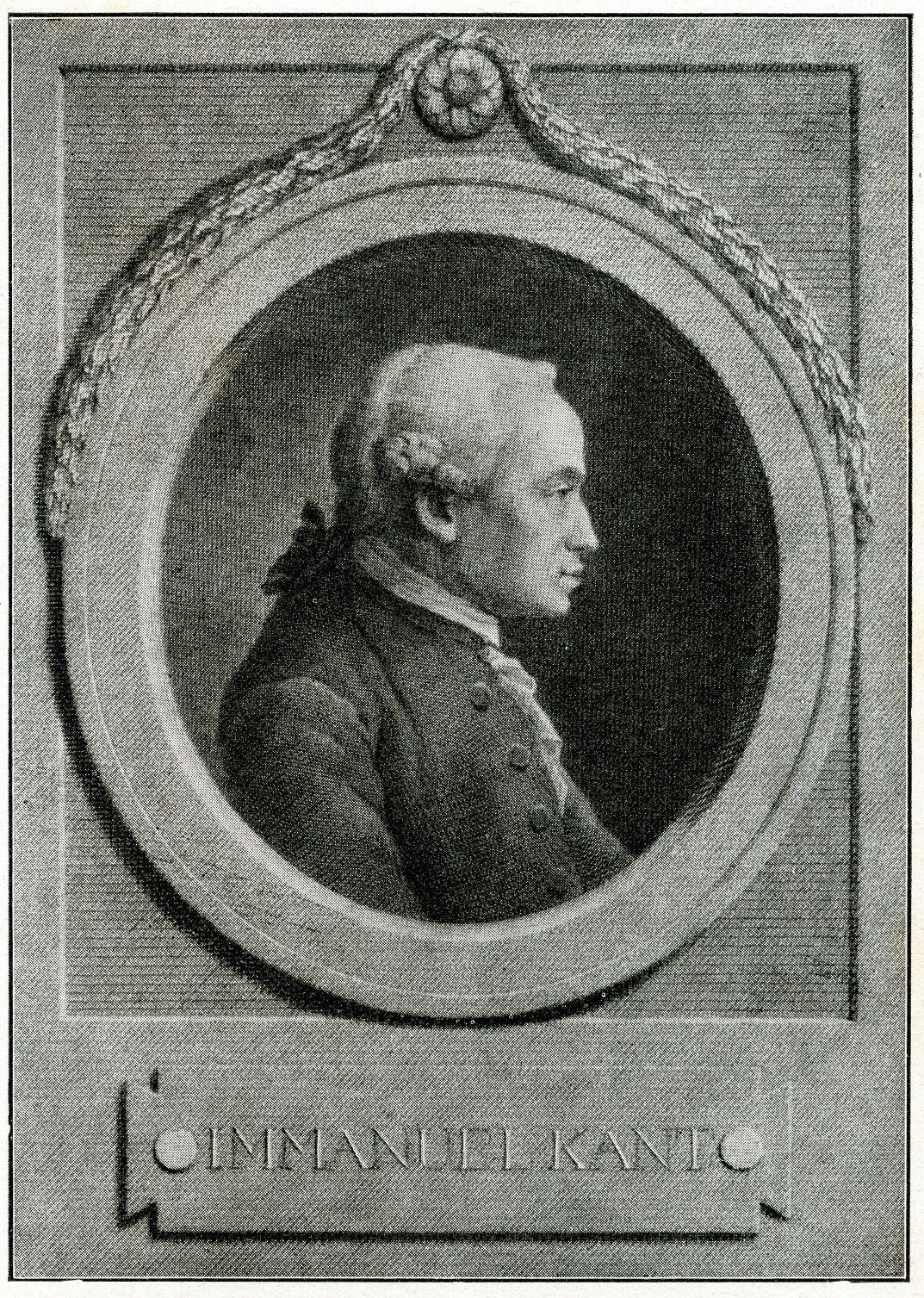
. Immanuel Kants views as elucidated in his book Groundwork of the Metaphysics of Morals are based on the belief that people count by prohibiting actions which. But in his discussion of the formula of humanity Kant claims that rational nature or the human being and in general every rational being exists as an end in itself 4428. Tom Hill who compiled a section in The Oxford Handbook of Ethical Theory suggests that Kant had a formula for humanity which proposed that humanity is treated in such a way that can become an end-in-itself Hill 489 In other words humanity can become so self-absorbed to the point of being an end-in-itself.
He holds that in humankind there are predispositions that correspond with the end of nature of humanity. On Kants Idea of Humanity as an End in Itself Sven Nyholm Abstract. For some it is a specific antidote to utilitarianism prohibiting all kinds of manipulation and exploitation of individuals for selfish or even altruistic.
This makes it hard for them to explain the supposed equivalence between the. He goes further to say that in ignoring these we might still be preserving ourselves humanity as an end in itself but we are not promoting the progress or furtherance of this end. 122 experts online.
Let us review then what Kant says about ends in the sense in which humanity is regarded as an end. The inclinations themselves as sources of needs are so far from having an absolute worth 116. Thus All objects of the inclinations have only a conditional worth.
One of the elements of this theory is Kants second Categorical Imperative which goes into detail with five different aspects what. These inclinations come about from the. Hills article Humanity as an End in Itself he discusses Kants theory about humanity and explains what Kant thinks humanity is and that it is the ultimate end that a person should strive for.
The fact that humans as rational beings has value in itself. It argues that rational pressure to form maximally coherent systematically justifiable sets of ends gives us all reason to respect others as ends in themselves. Relative ends are ends which individuals have because they like want and hope for various things as sensuous beings.
Put simply people and their inherent worth should be the goal in any venture. Humanity is not a relative end but an objective end or an end in itself G 95 427- 281. In other words every person is intrinsically good.
Kant presents to us a concept called Anlagen here. If humans are the end in themselves this. Briefly explain in.
The Formula of Humanity has authority because there is a single matter an end whose existence in itself has an absolute worth something that as end in itself can be a ground. Rather than that humanity exists as an end. Kant claims that rational nature exists as an end in itselfp.
Writers like Christine Korsgaard and Allen Wood understand Kants idea of rational nature as an end in itself as a commitment to a substantive value. Thus in acting on moral principles one must act or refrain. It considers Kants idea in relation to issues surrounding hypothetically rational consent along with the authors previous remarks about the relation of possible rational.
Humanity as an End in Itself. From this Kant infers that it can never be morally right to treat any person merely as a means. Few formulas in philosophy have been so widely accepted and variously interpreted as Kants injunction to treat humanity as an end in itself.
This is often called the Formula of Humanity or sometimes the Formula of the End-In-Itself. Humanity as an End in Itself Thomas E. So act that you use humanity whether in your own person or in the person of any other always at the same time as an end and never merely as a means.
Kant ultimately identifies the end of moral principles or the end in itself to be humanity. This chapter develops an internalist defense of the claim that we all have most reason to be moral drawing on Kants argument for his formula of humanity which states. Kant states that people who are rational beings should be considered as an end in themselves and not as a means to something else.
The philosopher Immanuel Kant said that rational human beings should be treated as an end in. Writers like Christine Korsgaard and Allen Wood understand Kants idea of rational nature as an end in itself as a commitment to a substantive value. This makes it hard for them to explain the supposed equivalence between the universal law and humanity formulations of the categorical imperative since the former does not appear to assert any.
55 By this he seems to mean that all rational beings including people are ends in themselves. Writers like Christine Korsgaard and Allen Wood understand Kants idea of rational nature as an end in itself as a commitment to a substantive value. One of Kants ways of formulating ie expressing in words the Categorical Imperative says that one should always treat humanity whether in oneself or in another always as an end and never merely as a means.
An end-in-itself The word end in this phrase has the same meaning as in the phrase means to an end. According to Kant in contrast to humans who are the end in themselves there are also objects of inclinations or goods and things. Second when Kant talks about the humanity formula he himself calls it the principle of humanity and each reason-endowed nature as an end in itself.
First Kants reasoning leading up to the humanity formula uses as its main premise that each being with reason represents the reason-endowed nature as an end ie. This chapter comments on the authors interpretation of Immanuel Kants demand that we treat humanity as an end in itself. This makes it hard for them to explain the supposed equivalence between the universal law and humanity formulations of the categorical imperative since the former does not appear to assert any substantive value.
Kant comes to the Formula of Humanity from the claim that principles of practical reason have both form and matter. The Formula of Universal Law expresses a constraint on form. The Humanity FormulaFew formulas in philosophy have been so widely accepted and variously interpreted as Kants injunction to treat humanity as an end in itself Hill 38.

Immanuel Kant The School Of Life
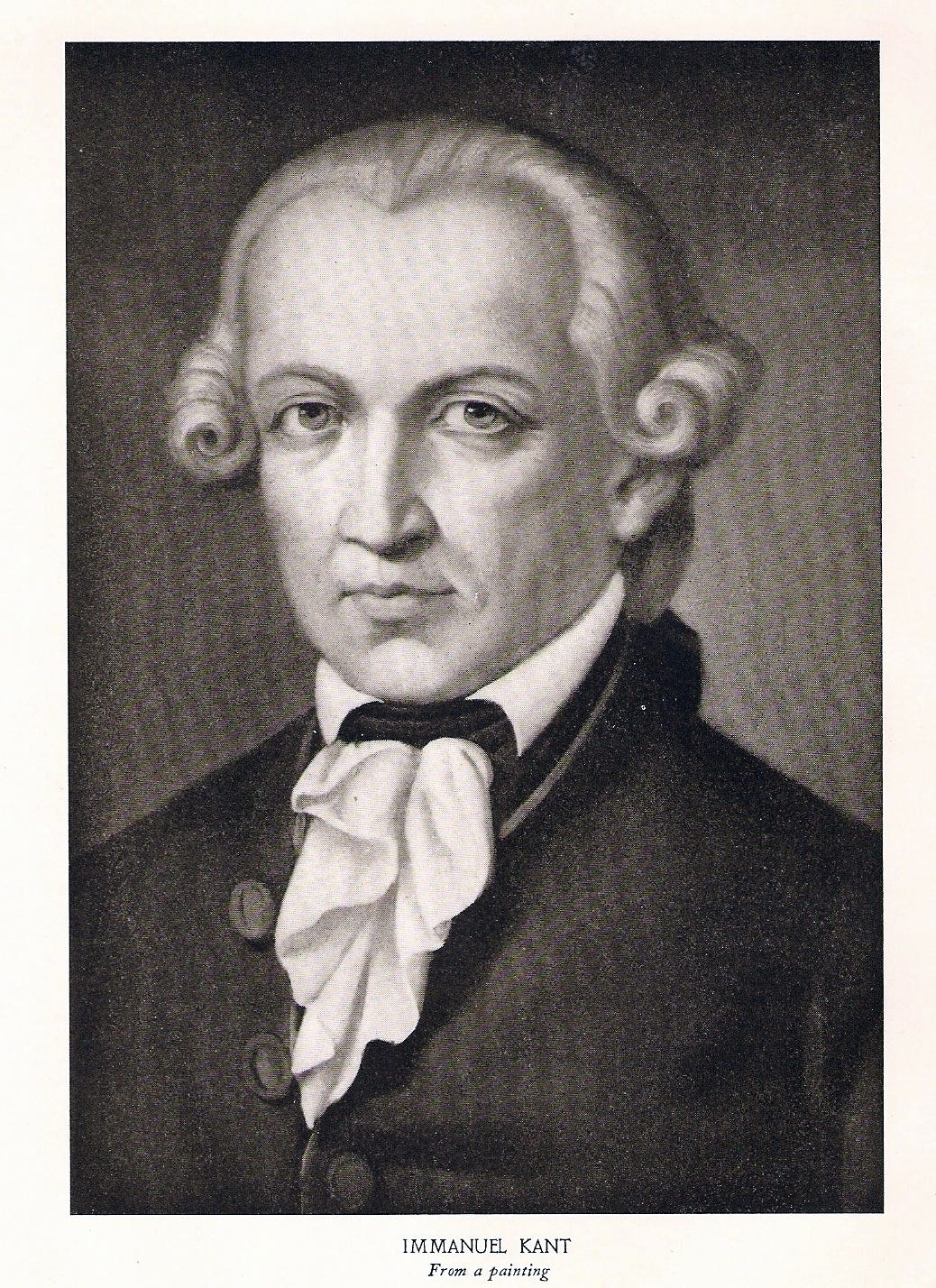
Kantian Ethics An Introduction By Sara Bizarro Medium

Immanuel Kant Quote Immanuel Quotes Psychology Facts

Kantian Ethics Overview Categorical Imperatives Morality
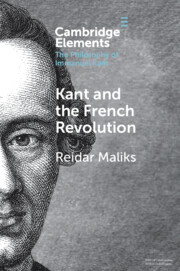
Elements In The Philosophy Of Immanuel Kant

Kant And Categorical Imperative
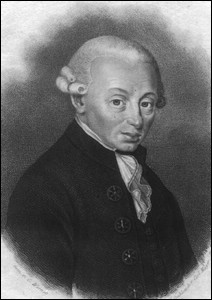
Kant Immanuel Internet Encyclopedia Of Philosophy

Immanuel Kant The School Of Life

Immanuel Kant Happiness Is Not An Ideal Http Bit Ly Ttfn1 Samuel Goldwyn Happy Quotes Immanuel

Kantian Deontology Ethics And Value Theory Lecture Notes Docsity
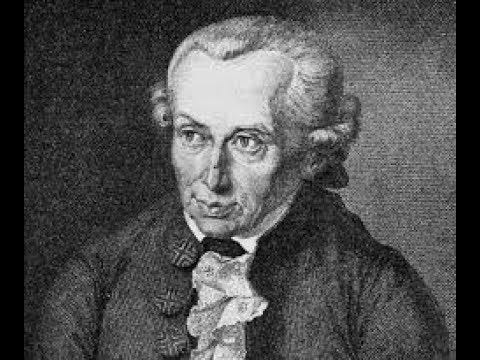
Kant In The Time Of Coronavirus What Can Immanuel Kant S Moral Law Tell Us About The Covid 19 Epidemic By Reha Kuldasli Medium

Kantian Deontology Introduction To Philosophy Ethics

Discussion Kant Stresses An Absolute Value Of A Chegg Com

The Big Picture By Sean Carroll Paperback Sean Carroll Big Picture Science Books

Immanuel Kant The School Of Life
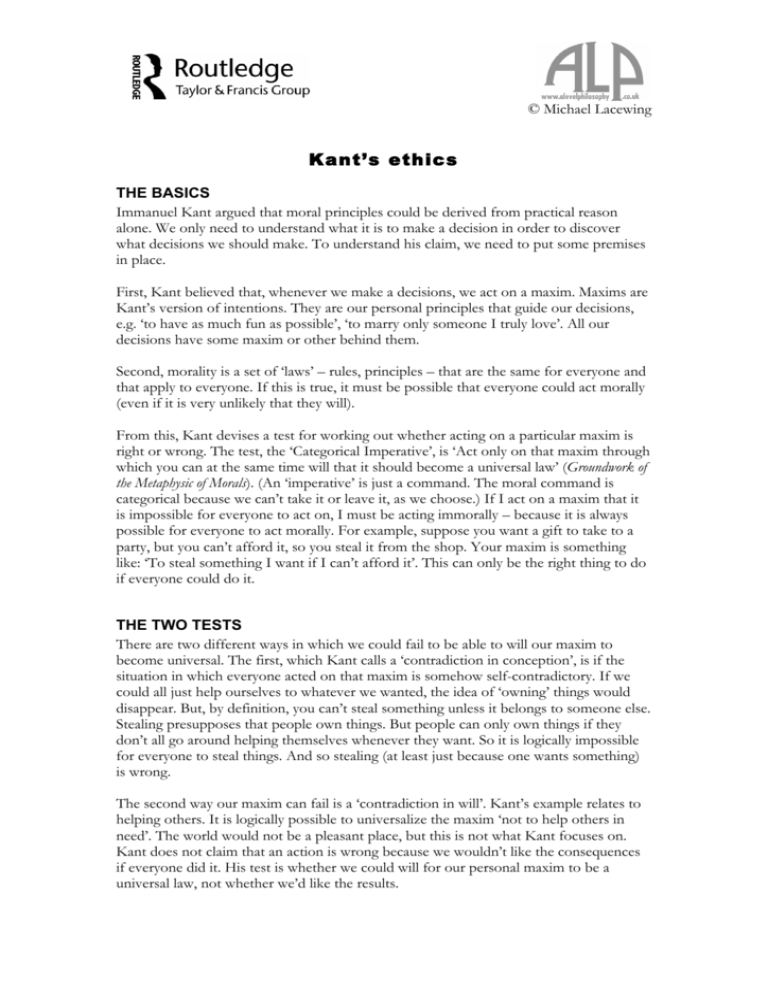


Comments
Post a Comment